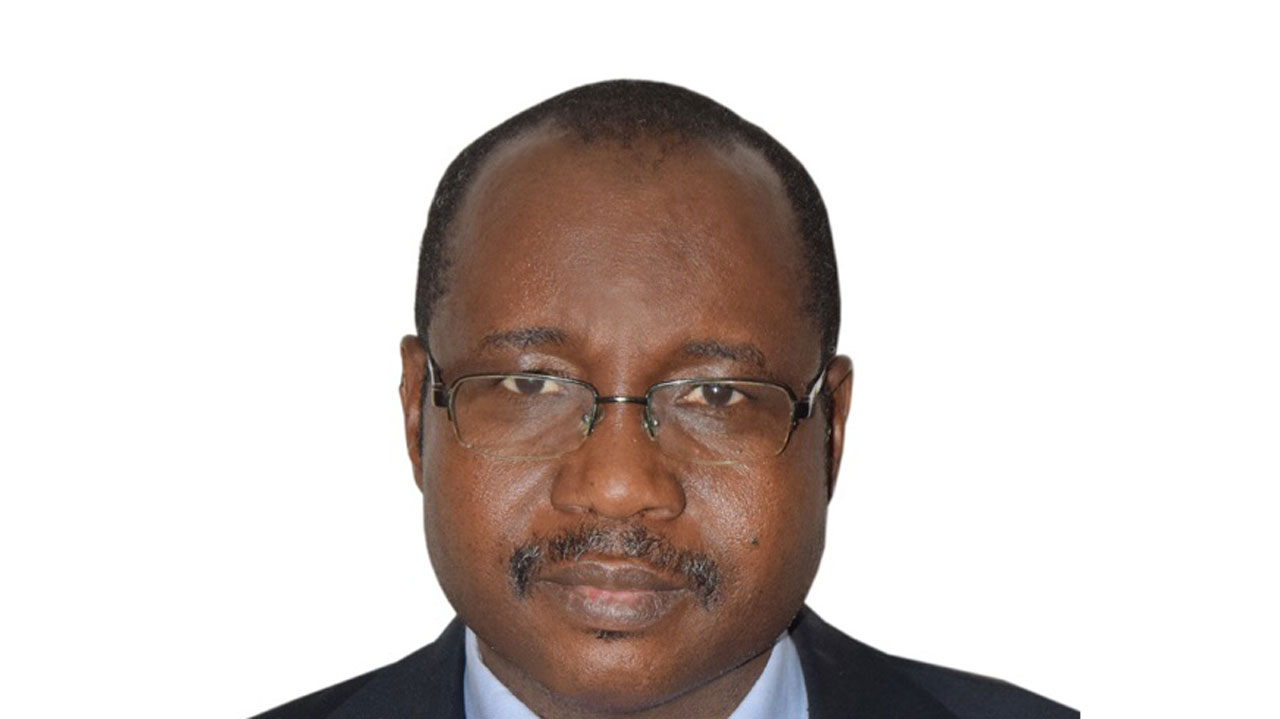
Investment worth over $1.661billion from multilateral agencies’ is currently under threat due to the removal of the Managing Director of the Transmission Company of Nigeria (TCN), Usman Gur Mohammed, the Nigerian Power Consumers Forum (NPCF), said yesterday.
The group also said the removal would bring setback for key power sector reforms that TCN was executing to expand bulk power transmission to 20,000 megawatts (MW) in few years.
Minister of Power, Sale Mamman, recently sacked Mohammed, saying it was a part of re-engineering of the sector, which has failed to perform in the past five years despite being privatised.
General Secretary of the NPCF, Michael Okoh, who accused Mamman of turning a deaf ear and repeated such a costly mistake at TCN against a circular issued by the Secretary to the Government of the Federation (SGF), Boss Mustapha, on applying due process to sanction heads of agencies.
Calling on President Muhammadu Buhari to immediately direct a reversal of the action to save the power sector from a budding dictatorship, Okoh recalled that TCN was already a crumbling block in 2016, despite Federal Government’s $32million Manitoba Hydro International Nigeria Limited (MHINL) management contract, which he alleged was not the real MHI of Canada, to reform TCN.
“We wish to state that the claim is not correct as the minister was also misled to say TCN was causing the loss of N1billion daily in the power sector; N1billion is such a huge money that if the TCN infrastructure was truly responsible for this, the power sector would have collapsed since,” he said.
According to him, Mohammed repositioned TCN and it is evident as multilateral donors flood to invest with cheaper loans in TCN. Under the four years management contract of MHINL, there was no single audit of the TCN, just as the company could not raise a single dollar of investment during the period.
The group said a $300million World Bank project inherited by MHINL was severely mismanaged, as out of seven major contracts for transmission rehabilitation and expansion, only two were successfully executed after 10 years of implementation.
Mohammed from 2017, worked seamlessly with the former Minister of Power, Works and Housing, Babatunde Fashola, with his Terms of Reference (TOR) to reform TCN.
The group added that more than 70 per cent of the bloated management structure had already been corrected as at when the minister removed him from office through a press release on May 19, and had also restored staff training, a scheme previously used in NEPA, but was cancelled under the previous management.
In 2017, the management instituted the Transmission Rehabilitation and Expansion Programme (TREP) to expand capacity to at least 20,000MW in four years, leading to the unprecedented installation of 75 power transformers across Nigeria.
Okoh said: “That has saved billions of naira using the in-house engineers to complete power transmission projects. For instance, the Damaturu 330kV substation was achieved through this scheme. It was awarded in 2006 at $10.5 and N405 million but was not done, but TCN engineers completed it, and it has improved power supply in the northeast.
“The French Development Agency and EU Grant was $500million dollars, World Bank gave $486million, AfDB gave $410million, JICA brought $238million and a grant to deliver capacitor bank in Abuja, Nasarawa and Lagos; World Bank is bringing another $27million for the North Core Project.
“All the projects totalling $1.661billion, except the North East Transmission Project, which has been kept in abeyance until security improved are at various stages of implementation, because TCN now has the best implementation structure that has strengthened the confidence of these foreign financial institutions.”



